- You are here:
- Home »
- AI Tool Reviews
Category Archives for AI Tool Reviews
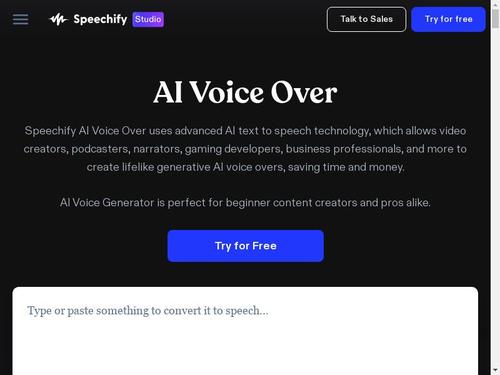
Speechify AI Studio Review
In the ever-evolving landscape of artificial intelligence, text-to-speech technology has made significant strides, transforming the way we interact with written content. Among the notable players in this arena is Speechify AI Studio, a cutting-edge platform that promises to redefine the boundaries of speech synthesis. By leveraging advanced neural networks and deep learning algorithms, Speechify AI […]
Continue reading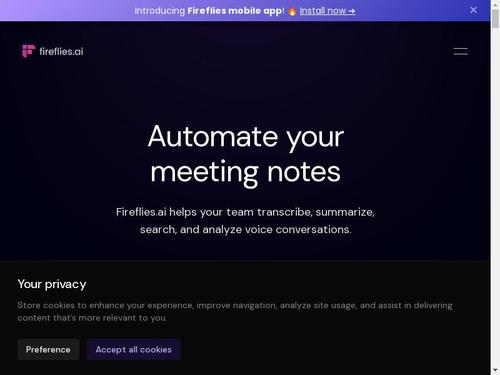
Fireflies.ai Review
In today’s fast-paced work environment, efficient meeting management is more crucial than ever. AI-powered meeting assistants like Fireflies.ai have emerged as game-changers in optimizing how teams handle meetings. From automated note-taking to seamless transcription and action item tracking, Fireflies.ai offers a comprehensive solution to boost productivity and ensure nothing important is missed. This tool promises […]
Continue reading
Landing AI Review
In the rapidly evolving digital landscape, businesses and individuals alike are continually seeking innovative tools to streamline their online presence. One of the most intriguing developments in this arena is the rise of AI-powered website builders, which promise to revolutionize how websites are created and managed. Among these, Landing AI stands out as a compelling […]
Continue reading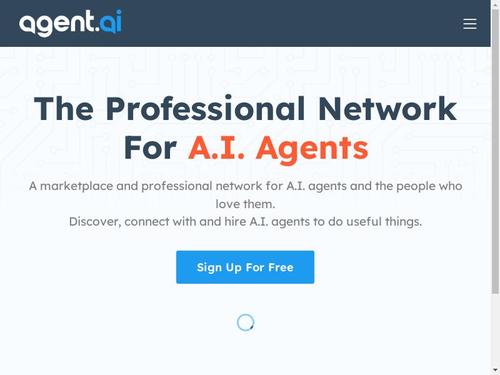
Agent.ai Review
In the rapidly evolving landscape of artificial intelligence, AI Agent.ai has emerged as a noteworthy player, promising to redefine how businesses and individuals interact with intelligent systems. This review delves into the core functionalities, strengths, and potential drawbacks of AI Agent.ai, a tool designed to enhance efficiency and productivity through advanced AI capabilities. From streamlining […]
Continue reading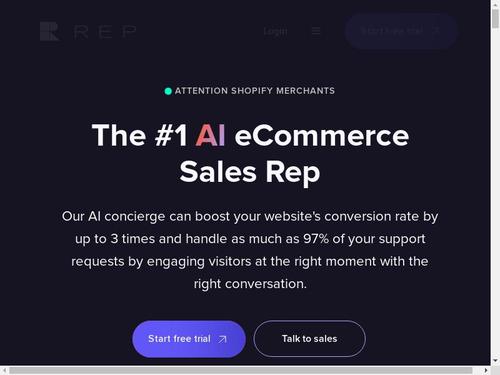
Rep AI Review
In the rapidly evolving world of ecommerce, artificial intelligence tools have emerged as game-changers, offering businesses unprecedented ways to enhance customer interactions and streamline operations. Among the myriad of AI-driven solutions, Rep AI has carved out a niche for itself as a powerful ecommerce tool designed to transform how companies engage with their customers. This […]
Continue readingPi.ai Review
In the ever-evolving landscape of artificial intelligence, chatbots have emerged as crucial tools for enhancing customer interactions and automating tasks. Among the myriad of AI-driven conversational agents, Pi.ai has been gaining attention for its innovative approach and user-friendly design. This article delves into a comprehensive review of Pi.ai, examining its features, performance, and overall impact […]
Continue reading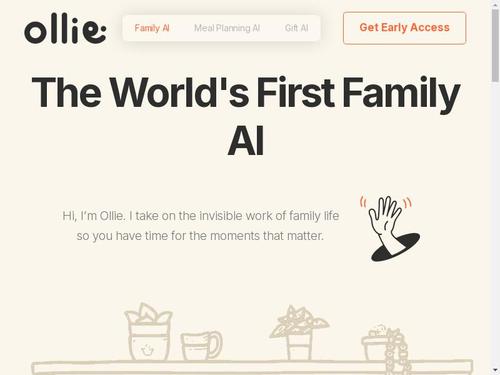
Ollie.ai Review
In the rapidly evolving landscape of artificial intelligence, lifestyle tools are becoming increasingly integral to how we manage and enhance our daily lives. Among the latest innovations in this space is Ollie.ai, a cutting-edge application designed to streamline personal and professional tasks with remarkable efficiency. This AI-powered tool promises to transform the way we approach […]
Continue reading
Talkie Soulful Character AI Review
In the ever-evolving landscape of artificial intelligence, chatbots have emerged as a remarkable tool for enhancing human-computer interactions. Among the myriad of AI-driven conversational agents, Talkie Soulful Character AI stands out for its distinctive approach to melding advanced technology with emotional nuance. This innovative chatbot is designed not just to respond, but to engage with […]
Continue reading
AI Dungeon Review
In the ever-evolving landscape of artificial intelligence, AI Dungeon stands out as a remarkably engaging and imaginative tool that blurs the lines between traditional storytelling and cutting-edge technology. Developed by Latitude, this interactive text-based adventure game harnesses the power of AI to create a unique narrative experience tailored to each player’s choices and creativity. Whether […]
Continue reading
Assembo AI Review
In today’s digital marketplace, where visual appeal can make or break a product’s success, the demand for high-quality product images is higher than ever. Enter Assembo AI, a cutting-edge tool designed to revolutionize the way businesses create and manage their product imagery. Leveraging the power of artificial intelligence, Assembo AI promises to streamline the process […]
Continue reading